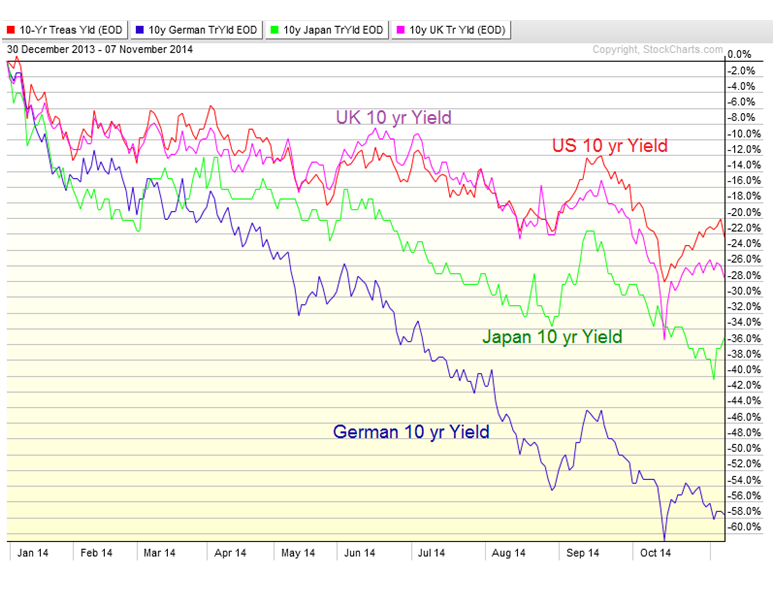by Ben Carlson, A Wealth of Common Sense
“I’ve heard Warren say a half dozen times, ‘It’s not greed that drives the world, but envy.'” – Charlie Munger
This experiment is fascinating:
That little guy was perfectly happy doing his job and getting rewarded with cucumbers right up until the guy next door got a grape. This is one of my favorite experiments because (a) monkeys are hilarious and (b) it says a lot about how much perception can affect our view of reality when incentives are involved.
People are constantly comparing themselves to others when they evaluate their own situation. In one study Harvard researchers asked subjects if they would rather live in a place where they had income of $50,000, but the average person had an income of $25,000 or one where they have an income of $100,000 in a place where the average income was $200,000 (assuming prices were constant in both examples).
In the end 52% of the respondents preferred the $50K scenario. These people would accept half as much money in absolute terms as the second option just so they could make twice as much as their neighbors. This sounds crazy, but it’s difficult for people to look at their circumstances on a stand-alone basis. Everything is relative these days and we’re only as good as the next person we compare ourselves to.
Unfortunately, perception matters when money is involved. The problem is that there will always be someone getting richer at a faster pace than you are. Stating the obvious, this is not a great way to live your life.
Subscribe to receive email updates and my monthly newsletter by clicking here.
Follow me on Twitter: @awealthofcs
Copyright © Ben Carlson, A Wealth of Common Sense













